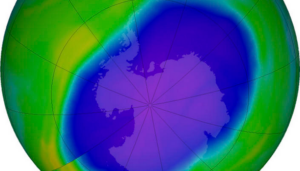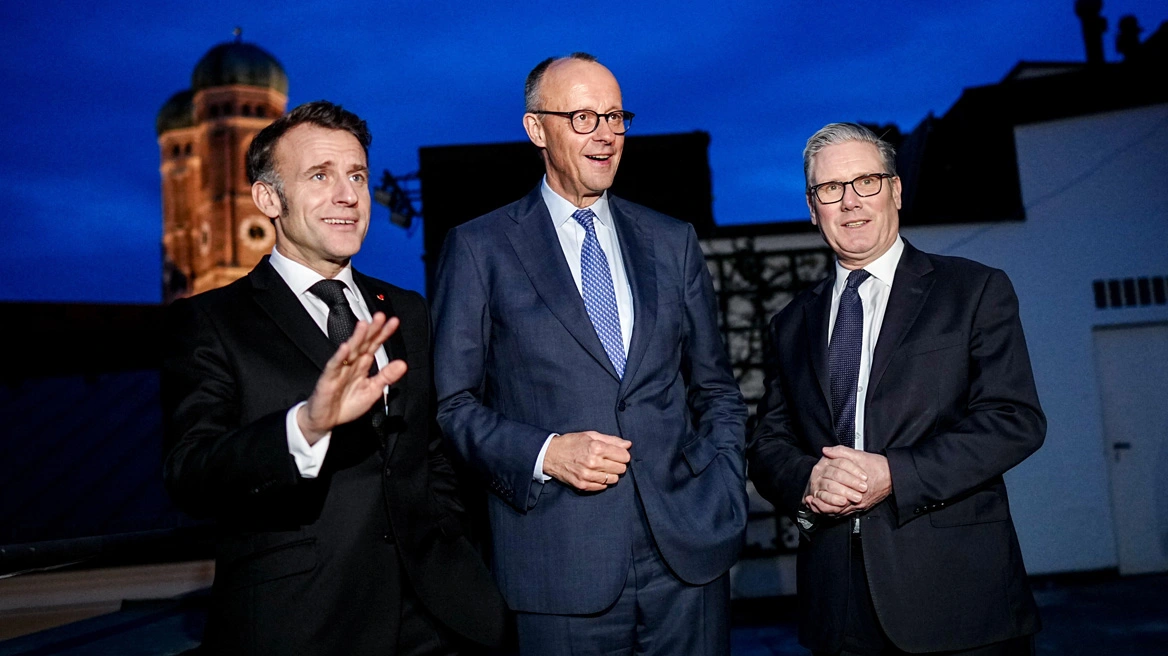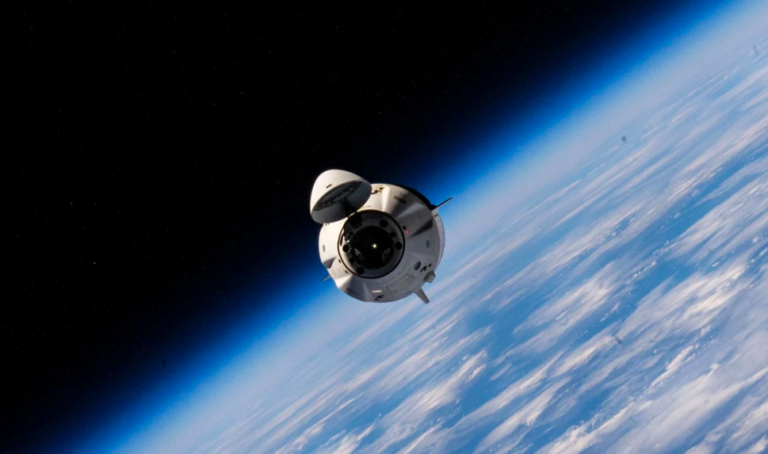The thinning of the ozone layer allows UV rays to reach the Earth, increasing the prevalence of conditions including cataracts and skin cancer, and causing damage to crops such as soybeans.
The Montreal Protocol required the phase-out of chlorofluorocarbons, also known as CFCs, chemicals used in refrigerants and aerosols that cause ozone depletion. CFCs are also greenhouse gases that cause global warming. The U.N. report estimates that by ending the use of CFCs, the world has prevented 0.5 degrees Celsius (0.9 Fahrenheit) of warming.
8 Bizarre folklore creatures that will keep you up at night
“The impact the Montreal Protocol has had on climate change mitigation cannot be overstressed,” Meg Seki, executive secretary of the U.N. Environment Programme’s Ozone Secretariat, said in a statement. “Over the last 35 years, the Protocol has become a true champion for the environment.”
Read more: yahoo
Ask me anything
Explore related questions





